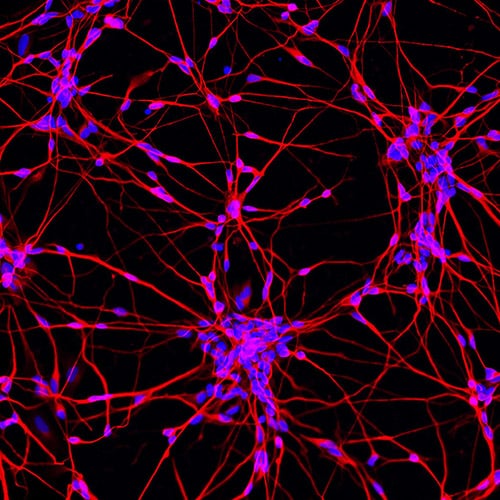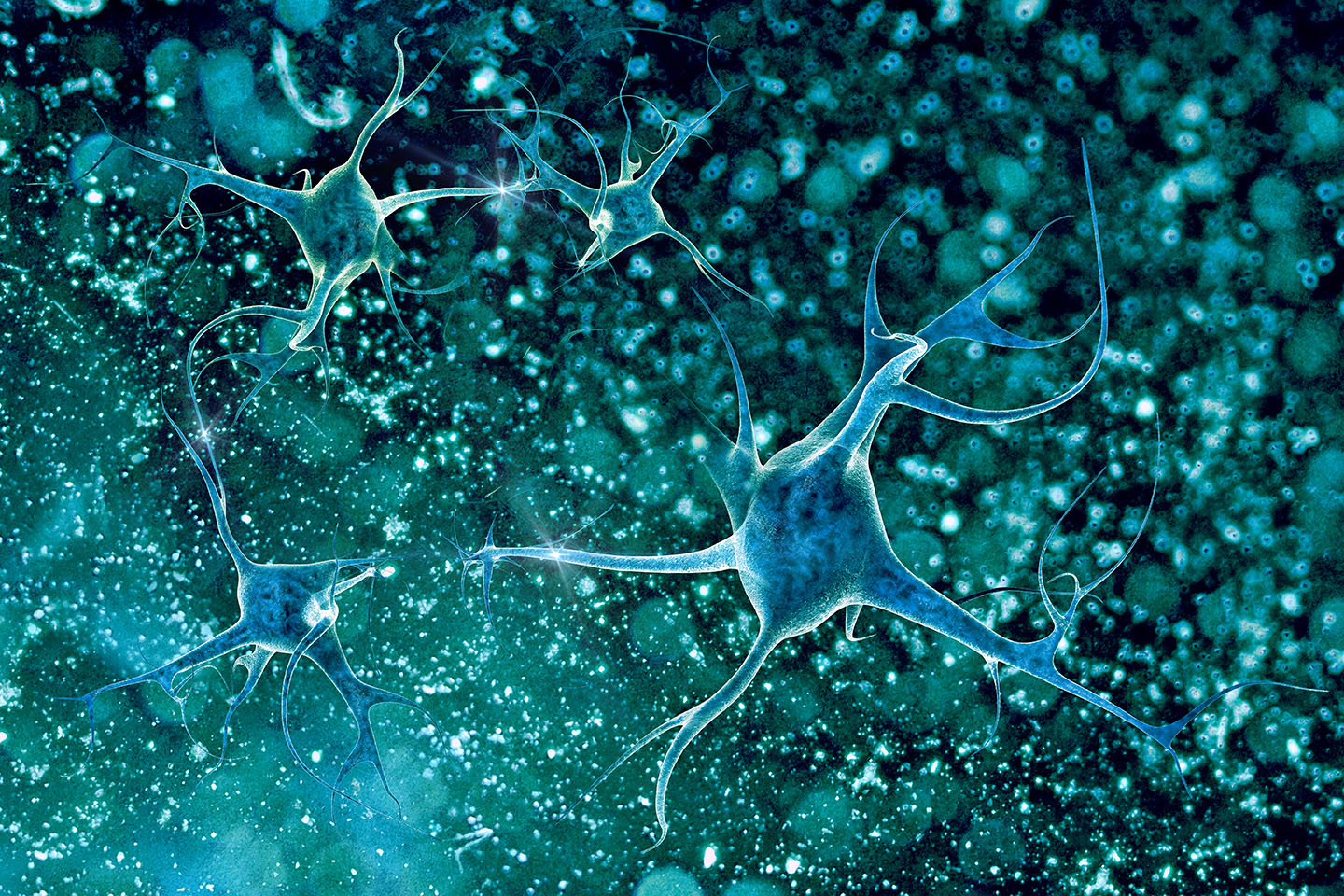LifeArc has pledged £1.5 million to fund a new two-year collaborative partnership with King’s College London (KCL) to validate a portfolio of human genetic driven therapeutic targets for motor neuron disease (MND). The new partnership, which will involve scientists from both organisations working closely together, is an integral part of LifeArc’s MND Translational Challenge, aimed at discovering innovative and potentially disease -modifying treatments for MND, a key component of the new UK MND Research Institute.
The programme, named MND STaR (Solution for Motor Neuron Disease Target Validation and Research) focuses on early-stage preclinical validation, addressing a critical area in MND research that has been identified as an area of ‘translational gap’ in the MND field. Therefore, a key part of the MND Translational Challenge therapeutic strategy is to validate and de-risk MND targets using with human genetic evidence. The proposed programme uses cutting-edge bioinformatics approaches and a wide range of experimental models to validate and de-risk a portfolio of potential MND therapeutic targets, ultimately aiming to integrate well validated targets into downstream drug discovery portfolios.
De-risking novel targets to a stage where they are ready for drug discovery efforts has significant potential for paving the way for new, potentially disease-modifying, MND treatments. Historical pipeline data suggests that drug targets with human genetic disease association are twice as likely to lead to approved drugs.
Zhi Yao, Principal Scientist at LifeArc, explains “In simple terms, we have identified an incomplete understanding of disease biology and validation of therapeutic targets as one of the key translation gaps resulting in the low probability of success in late-stage clinical development for MND treatment. We want to ensure that before we embark on drug discovery and development, we are confident the targets we are aiming for are truly promising. A major part of our strategy is to validate and minimise risks associated with MND targets using human genetic evidence.
“If we can identify the human genes linked to the condition it is more likely that treatments will succeed. Our plan is to use cutting-edge bioinformatics approaches and a wide range of experimental models to validate and de-risk a portfolio of potential MND therapeutic targets.
“Our scientists will collaborate with King’s MND Care and Research Centre, part of the new UK MND Research Institute, and which houses one of the largest collections of genetic data from people with MND in the world. It also provides the opportunity to work with world renowned individuals who have global connections. By leveraging their expertise, we aim to deliver high-quality human data driven target validation data packages.”
“Drug development is inherently risky and expensive. The MND STaR programme at King’s College London seeks to mitigate these risks by providing robust validation of therapeutic targets. Our use of big data, genomics, and extensive laboratory experiments is designed to enhance the success rate of future clinical trials and bring effective treatments for motor neuron disease closer to reality,” said Dr Ahmad Al Khleifat, the lead scientist at the King’s MND Care and Research and Centre.
Media contact
Andrew Stewart
Director of Communications



